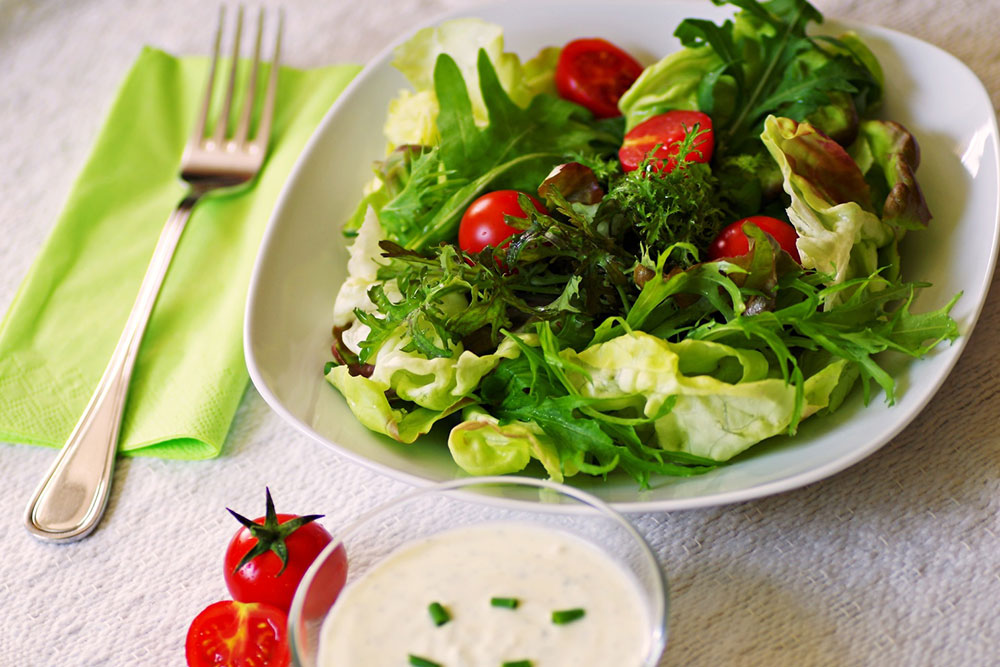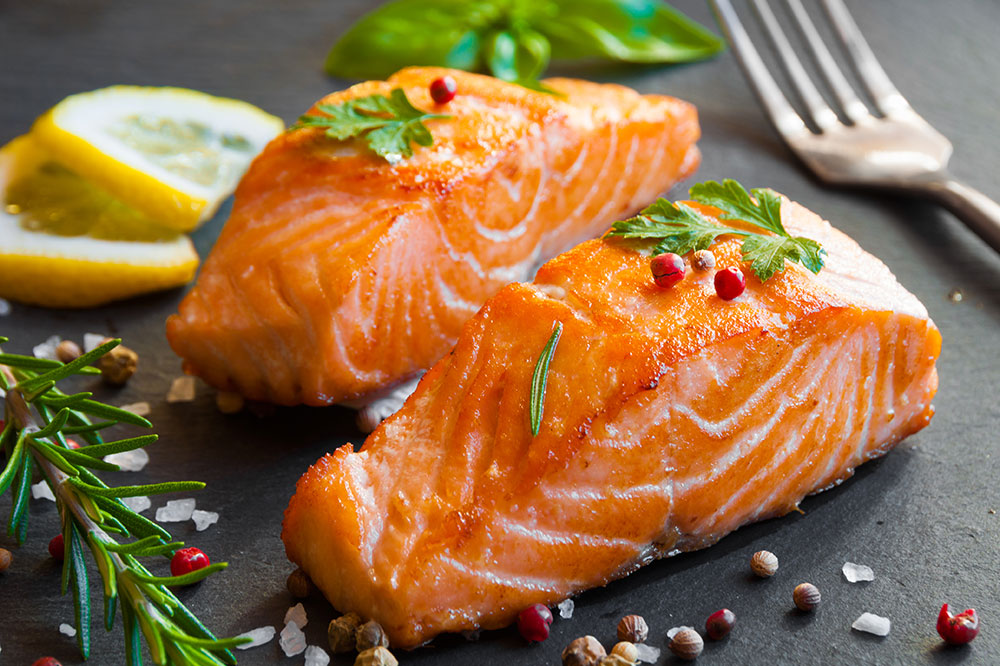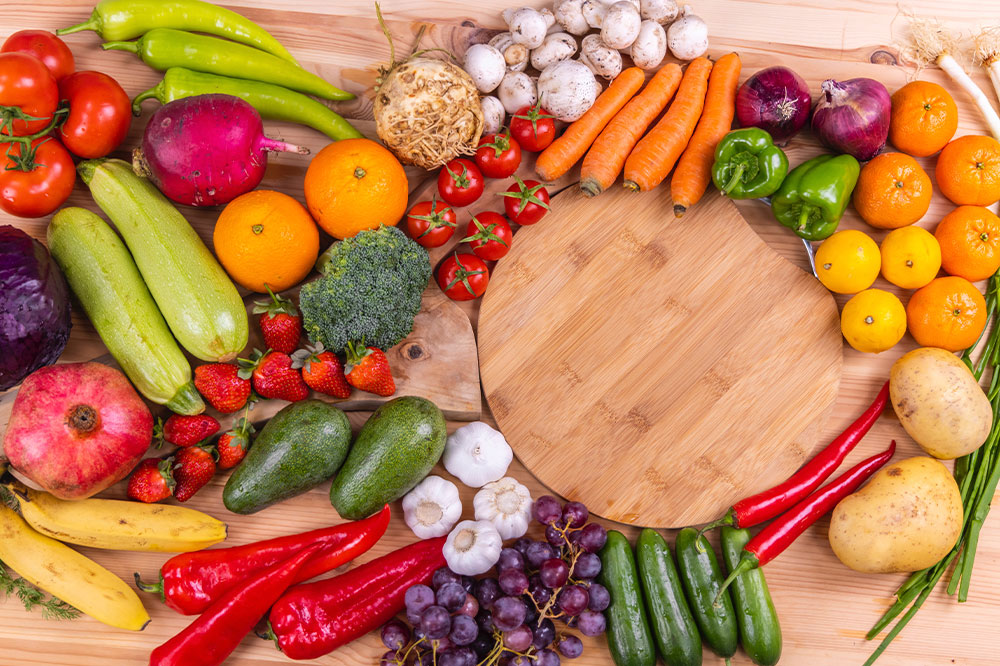Nutritional Strategies for Migraine Relief and Management
This article offers effective dietary strategies to help manage and reduce migraine attacks. It emphasizes nutrient-rich foods, hydration, and avoidance of trigger foods like alcohol, caffeine, and processed meats. Small, regular meals and a focus on fresh, natural ingredients can improve overall health and lessen migraine frequency and severity. Understanding which foods to include and avoid can empower migraine sufferers to take control of their condition through better nutrition and lifestyle choices.
Sponsored

Healthy Eating Habits to Help Manage Migraine Attacks
Headaches can significantly disrupt daily life, especially migraines, which are intense, prolonged headaches that can last hours or days. While the exact cause is unclear, factors like inadequate sleep and missed meals are common triggers. Incorporating specific dietary changes can help reduce the frequency and severity of migraines. Proper nutrition, hydration, and avoiding certain foods are vital components of managing this condition effectively.
Diet Recommendations:
Emphasize fruits and vegetables – Consuming a variety of colorful fruits and vegetables provides essential nutrients that combat migraine symptoms. Avoid citrus fruits, which may trigger attacks. Natural sweeteners like vanilla and maple syrup can also be beneficial.
Choose fresh, unprocessed meats such as chicken, fish, or lean red meats, which are safe options for migraine sufferers. Red meat and salmon are rich in vitamin B2, known to alleviate headache pain. Avoid smoked or processed meats, as they contain high levels of salt, preservatives, and artificial additives that may trigger migraines.
Eat smaller, more frequent meals instead of large ones to maintain stable blood sugar levels and prevent hunger-induced migraines. Staying well-hydrated by drinking 8-10 glasses of water daily supports overall health and helps decrease migraine risk.
Opt for magnesium-rich foods such as brown rice, which digest slowly and aid in blood sugar regulation, helping to prevent headaches. Consuming bland, non-spicy foods can soothe a migraine and improve digestion, reducing nausea associated with migraines.
Foods to avoid include cultured dairy products like cheese and yogurt, as high tyramine content can trigger attacks. Limit alcohol, especially red wine, which can cause dehydration and vasodilation, worsening migraines. Similarly, caffeine intake should be controlled to under 200mg daily, as excessive caffeine can provoke headaches. While moderate caffeine can sometimes relieve migraines, too much may have the opposite effect.






